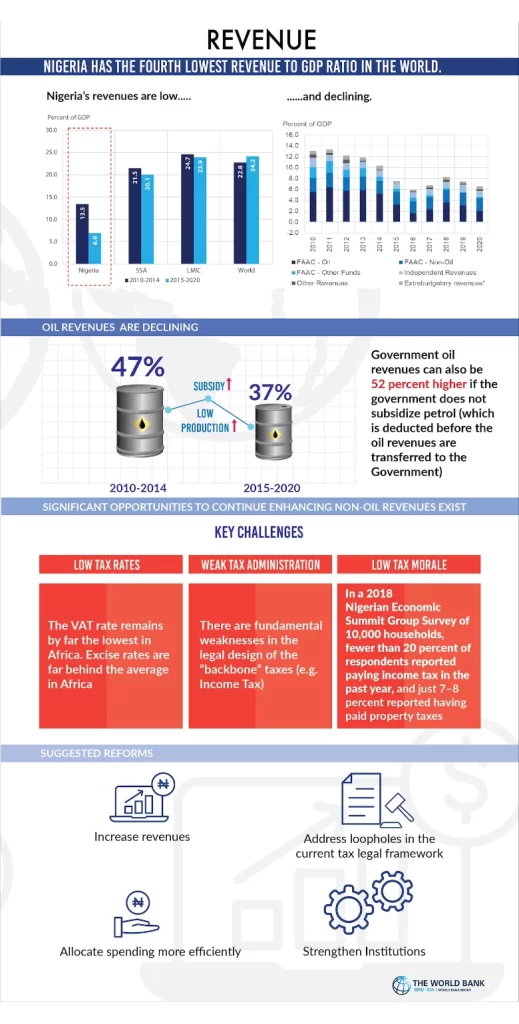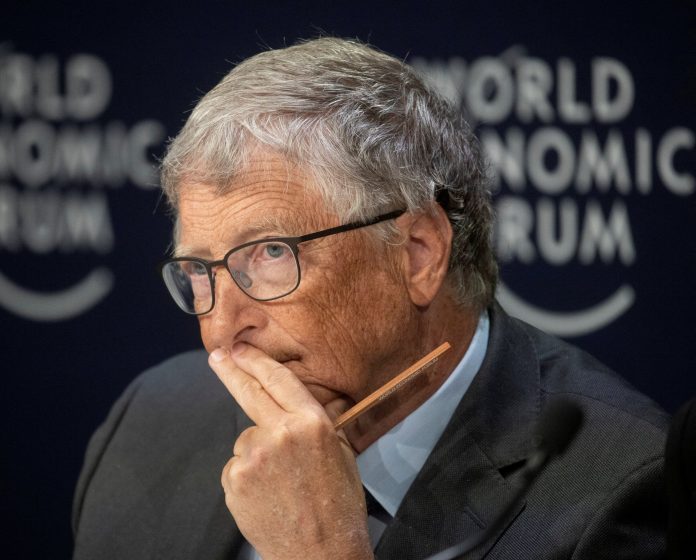Bill Gates, co-chair of the Bill and Melinda Gates Foundation, has raised concerns over Nigeria’s low tax collection, emphasizing its impact on its ability to fund critical sectors such as health and education adequately. Gates made these remarks on Tuesday September 2, during the Nutrivision 2024 event, a Pan-African youth dialogue on nutrition held in Abuja.
When asked about financing mechanisms the Nigerian government could adopt to support large-scale public health interventions, Gates pointed out that the country’s tax revenue remains significantly low, posing a major challenge to sustainable public sector funding.
“The actual tax collection in Nigeria is pretty low,” Gates stated. He stressed that for citizens to have confidence in the government’s ability to deliver quality healthcare, there must be a visible commitment to ensuring that health program funding is well-managed and effectively utilized.
Gates highlighted the importance of building credibility in public health initiatives, noting that when citizens see that health programs are well-run and that resources are efficiently allocated, they are more likely to support increased funding through taxation. He referred to the foundation’s involvement in several successful primary healthcare models in Nigeria, which exemplify how well-managed resources can improve health outcomes.
“It’s exciting that we are driving the credibility of those health programs,” Gates said. “As citizens develop confidence in these programs, they will prioritize funding for primary healthcare as fiscal flexibility improves.”
Nigeria’s Low Tax Ratio
Gates’ remarks underscore the broader issue of fiscal management in Nigeria, where tax revenue as a percentage of GDP remains one of the lowest globally. According to the World Bank, Nigeria’s tax-to-GDP ratio was approximately 6.3% in 2022, significantly below the global average of 15-20%. This low revenue generation limits the government’s ability to invest in critical infrastructure and social services, including healthcare and education.

The philanthropist’s comments come as Nigeria grapples with various economic challenges, including rising inflation, unemployment, and a growing debt burden. Strengthening tax collection mechanisms and improving public sector accountability are crucial steps towards achieving sustainable development and improving the well-being of the Nigerian population.
Gates’ advocacy for better fiscal management aligns with the foundation’s ongoing efforts in Nigeria, where it has invested billions of dollars in health and development programs to reduce poverty, improve maternal and child health, and eradicate diseases like polio and malaria.
Comment, Like 👍, share this article, and Follow us on our social media handles.








